Water Shaping Places
During their visit, students gain an understanding of how urban catchments work and how natural and human actions affect them. Students will complete field work and explore historical data to suggest sustainable environmental management practices to our water systems.
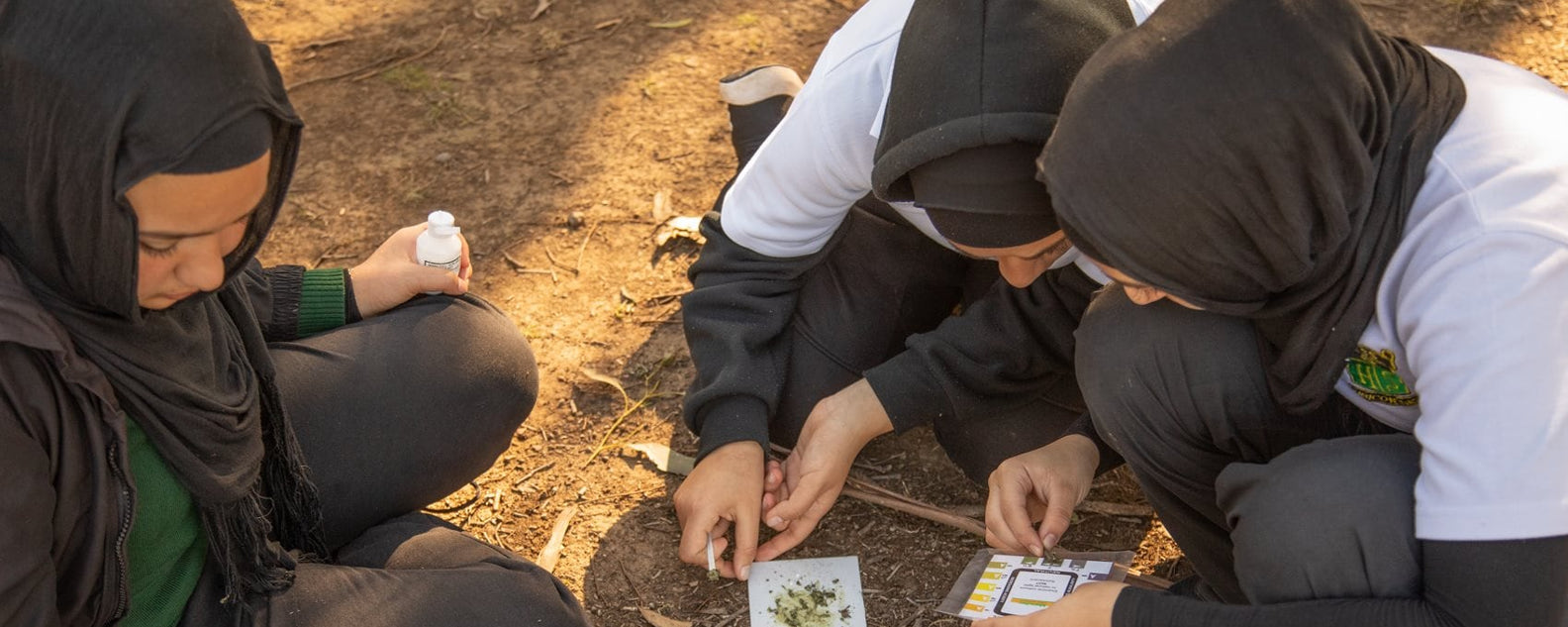
Stage 4
Geography
2 hours
Minimum charges apply. Discounts apply for full day programs!
By exploring the Botanic Gardens site, students will learn the value of water, how water interacts with its environment and the importance of sustainable management.
They will gain an understanding of how an urban stream works, how natural and human actions affect them and how we can apply sustainable environmental management practices to our water systems.
Students will
- Conduct water quality tests in the Garden and use their data to assess the health of the aquatic ecosystem.
- Use maps to describe the movement of water around the site and design water management strategies for the Garden.
- Evaluate historical and present day rainfall and water usage data to better inform a water management plan.
Key content
- Investigate through fieldwork how natural and human processes influence the quality, distribution, and availability of water as a resource.
- Discuss approaches that can be used to sustainably manage water resources and reduce water scarcity.
- Learn about sustainable water management practices in an urban catchment.
Links to New South Wales curriculum
Focus Syllabus Outcomes
Geography
- Locates and describes the diverse features and characteristics of a range of places and environments (GE4-1)
- Describes processes and influences that form and transform places and environments (GE4-2 )
- Examines perspectives of people and organisations on a range of geographical issues (GE4-4)
- Discusses management of places and environments for their sustainability (GE4-5)
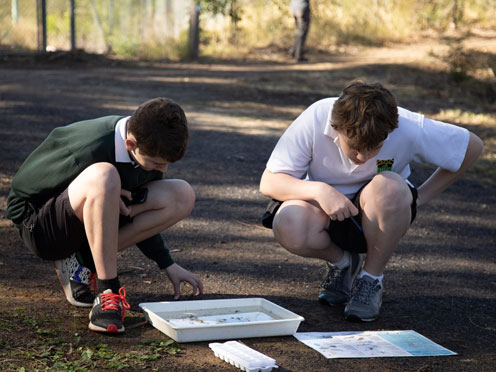
"Discover the different components of river systems and how natural and human actions affect them."
Related excursions
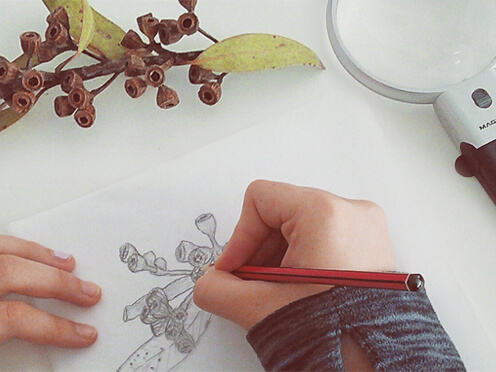
Students explore the Botanic Gardens and experience art through the wonders of nature.
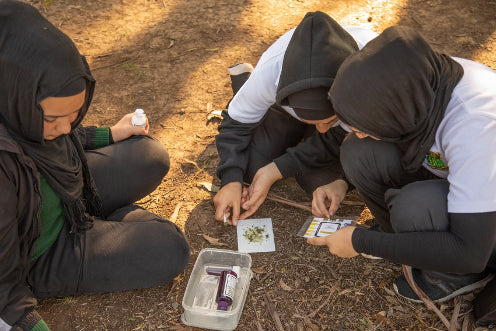
Learn about the ecology of the protected, remnant environments.
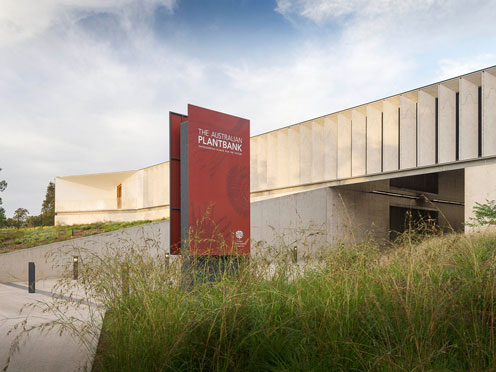
A school tour of the Australian PlantBank is an extraordinary hands-on experience for students that brings their STEM learning to life within a state-of-the-art plant science and conservation facility.